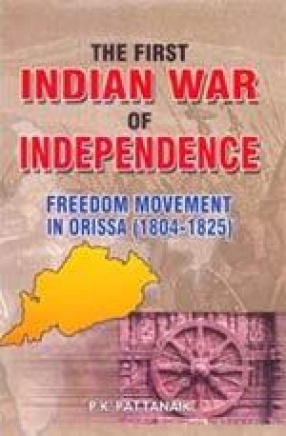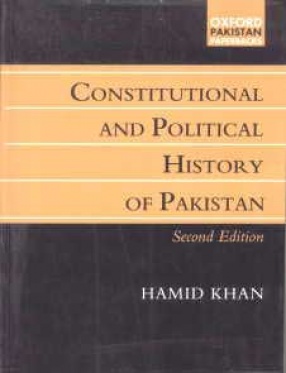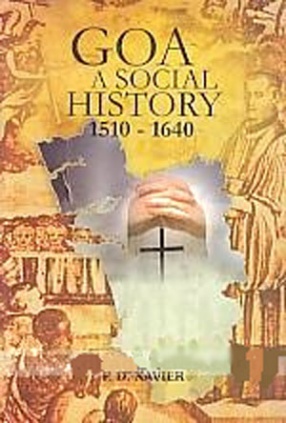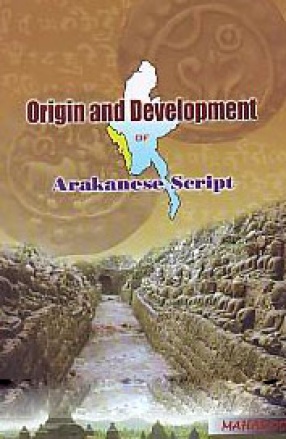Alien domination, however mild or camou-flaged, always produces counter reaction. The essence of freedom struggle is the same – whether it takes place in far-off Ireland in Europe or among colonies of English settlers in America. Sooner or later the indigenous sons of the soil discover – to their utter dismay – the depth of economic and political exploitation of their ruthless colonial masters. In Orissa and beginning of the 19th century witnessed two important political events i.e. British conquest of Orissa in 1803 A.D. and the beginning of the Freedom Movement against them in 1804 A.D. Both had far-reaching consequences. The Conquest in 1803 A.D. of Orissa was followed by consolidation of the British authority in this part of the country. The movement started in 1804 by three rajas – the rajas of Khurda, Kanika and Kujang – assumed formidable proportions when a triple alliance, both offensive and defensive was formed among them with a view to driving out the foreign invader from their soil. It did not stop also either with the defeat of the rajas in 1805 A.D. or with the dethronement of the raja of Kanika in the same year, death of the regent Jayi Rajaguru in 1806 A.D. and the ultimate banishment of the raja Mukunda Deva-II of Khurda from his kingdom in 1807 A.D. On the contrary, it continued to gain momentum. The raja of Khurda was still regarded as the “fallen but revered descendant and representative of their ancient native sovereigns. More and more rajas came forward to join either openly or secretly: The storm center continued to be the same – Khurda, Kanika and Kujang. These rajas became more and more defiant and aggressive. And though not an active participant, the raja of Khurda was the guiding spirit of the struggle against the British in 1817 A.D. which, to quote British historian G. Toynbee, was a “veritable storm that burst with such relentless fury as to threaten the expulsion of the British, if not from the whole of Orissa, at least from the territory of Khurda.†What led to the movement in Khurda in 1817 against the British? Dispossession of the killa Rorung is the usual answer. It is not realized that however unjust or cruel, it could not have caused such a mighty explosion. A variety of reasons – political, administrative and economic – lay behind it. Karl Marx, the great world proletarian leader in an article “The British rule in India†came to the following conclusion in 1857. “It was the predatory policy of the British intruders and barbarious method of colonial exploitation which nurtured the Indian revolt.†To what extent was it a potent force in 1817? What role did Salt Monopoly play in it? Whatever the answer, there is no doubt that the movement in Orissa in 1817 A.D. was not a “Paik Rebellionâ€. It is not also correct to regard it a rebellion. The use of the work “rebellion is, in fact, misleading…nay, misrepresentation and, even, distortion of truth. For it does not take into account man’s innate longing to free himself from not only the foreign rule but also from all kinds of colonial exploitation. The Movement of 1804-25 profoundly influenced the subsequent history of the State. It continued to remain as the beacon light to the people struggling for freedom in all parts, of the State – for years and years to come.
The First Indian War of Independence: Freedom Movement in Orissa (1804-1825)
In stock
Free & Quick Delivery Worldwide
reviews
Bibliographic information
Title
The First Indian War of Independence: Freedom Movement in Orissa (1804-1825)
Author
Edition
1st ed.
Publisher
ISBN
8176489115
Length
xiv+122p., Illustrations; References; Appendices; Glossary; Bibliography; Index; 23cm.
Subjects





There are no reviews yet.